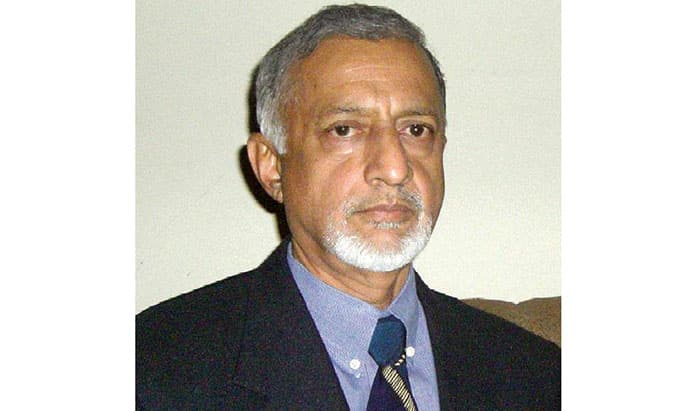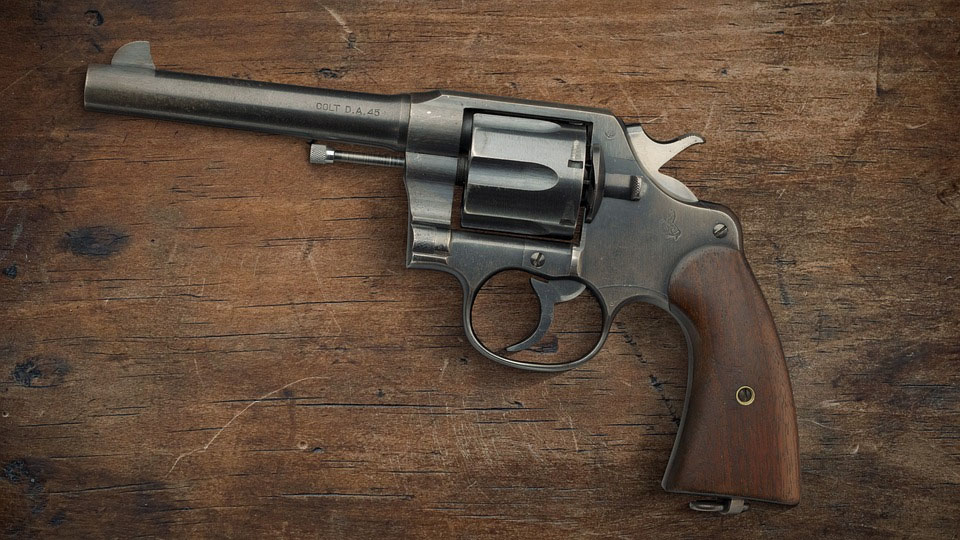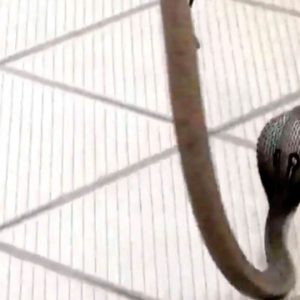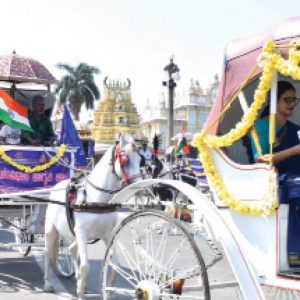The 107-year-old story of Koothanda M. Somaiah
By C.P. Belliappa
Koothanda M. Somaiah was born around the 1890s. Right from a young age, he displayed a mind of his own. He was good at his studies and excelled in sports. Somaiah was handsome and a cocky young lad.
His father, Mandanna, was well-to-do and wanted his eldest son to help him manage their paddy fields and newly opened coffee estate. However, young Somaiah was keen on a job and was curious to explore the world beyond Coorg.
After completing high school, which was the highest education available in Coorg in those days, Somaiah got a job at the post office in Pollibetta. His performance was particularly good and by the time he was around twenty years of age, he was made the postmaster of Pollibetta post office.
Pollibetta had a good number of British coffee planters, and the post office was an important department. Snail mail, as we now snidely refer to this facility, was the only mode of communication those days. Somaiah’s efficiency as a postmaster was very much appreciated by the Brits as well as the locals.
Things were progressing well for Somaiah. He hoped this experience would help him move up the ladder in Government service and enable him to realise his dream of seeing the outside world, especially Bombay.
Somaiah’s dream was rudely shaken by a rude British planter who had recently arrived in Pollibetta. This Brit rode to the post office and after securing his steed he barged right into the post office. He expected Somaiah to stand up and be different to him. The peeved Brit started ordering Somaiah around. Somaiah remained seated and told the white man to see the board at the entrance to the post office.

It was: ‘No Admission without Permission’
The Brit ranted and raved. He stormed out of the post office threatening to have Somaiah sacked. Even before any action could be taken, Somaiah mailed his letter of resignation to the Commissioner of Coorg. Despite persuasion from other British planters, Somaiah refused to take back his resignation.
Somaiah’s father now hoped that his son would join him in the cultivation of their land. But young Somaiah had his own plans. He had sufficient savings to travel to his dream city — Bombay. Before leaving Coorg, he acquired a compact revolver. With the Coorgs and Jamma holders exempted from the Disarmament Act, Somaiah could carry his revolver anywhere in British India.
Somaiah landed in Bombay sometime in early 1913. He got a good job and enjoyed life in the bustling city. However, an incident a couple of years later, marred his happiness.
On the morning of 24th August 1915, Somaiah was travelling in the tram from Dhobi Talao to Cheera Bazaar. The tram conductor checked the tickets of all the passengers including that of Somaiah’s. About half-an-hour later, Somaiah, who was engrossed admiring the changing scenes on the streets, was rudely jostled by the tram conductor. He crudely demanded to see Somaiah’s ticket. Somaiah told him that his ticket has already been checked. The conductor got aggressive and soon the two were embroiled in serious fracas.
To put an end to the conflict, Somaiah thrust his hand in his trouser pocket to take out the ticket. Suddenly the conductor struck Somaiah. An infuriated Somaiah’s hand grabbed the revolver in his pocket. He hit the conductor with the butt of the revolver. Now the situation became serious. The tram conductor called the Police and Somaiah was taken to the Police Station. His revolver and other possession on his person including his brand-new wristwatch were impounded.
Luckily, Somaiah was not charged for assault but for a lesser misdemeanour of ‘behaving in a disorderly manner in a public place.’
The Magistrate fined Somaiah Rs. 20 for possession of firearms without proper licence. He ordered the weapon and ammunition be confiscated and sent to the Commissioner of Police for disposal.
A shocked Somaiah tried to explain to the Magistrate that he was a Coorg and a Jamma holder, thus exempt from the Arms Act. This made everyone in the Court snigger and none of them had heard of Coorg! The Magistrate was not convinced even after Somaiah produced the exemption certificate issued to him in Coorg on 24th January 1909.
Somaiah pursued the case and appealed for his weapon and wristwatch to be returned to him. He emphasised the point that Arms Exemption to Coorgs entailed them to perform military or Police duties and as a responsible citizen, he had offered his services to the Government on more than one occasion.
The matter finally reached the Office of the Viceroy of India. The Viceroy’s Office acknowledged the exemption to Coorgs but ruled that the privilege of Arms Exemption ceases to extend to Koothanda M. Somaiah considering the offence committed.
This judgement devastated Somaiah. He continued to plead his case but to no avail.
107 years later, we know about this episode from a detailed letter Somaiah wrote to the editor of New India, that was published in their issue dated Saturday, 27th May 1916.
Somaiah explains how this decision to deprive him of his weapon was not only hurtful to him, but also to all the people of Coorg, for whom guns are important in their traditions, festivals and rituals. He sought the return of his revolver and wristwatch since he had already paid the penalty of Rs. 20 for his impulsive action.
Not much is known about Somaiah after this incident. He rarely communicated with his family in Coorg. Unfortunately, no photo of him is available. He apparently remained a bachelor. Sadly, Somaiah died in Bombay when he was in his late thirties.
The 107-year-old newspaper cutting was recently found by Somaiah’s nephew Koothanda P. Uthappa. The paper is fragile and I managed to take a scan of the document. Even though the print has faded one can read Somaiah’s spirited letter to the editor. My thanks to K.P. Uthappa for giving me access to this interesting story of ‘A Coorg and His Revolver.’








Recent Comments